Fossil Fuel
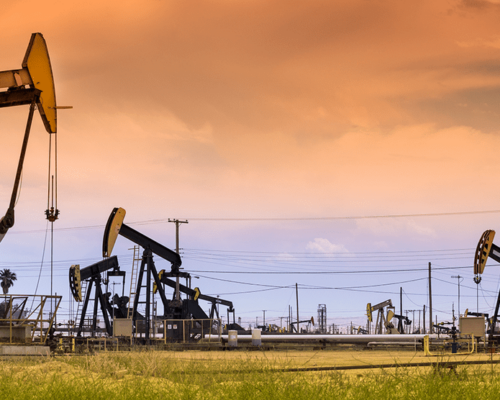
Is Oil a Good Investment in 2024?
Oil has long been a cornerstone commodity in the global investment landscape, so is it a good investment in 2024?
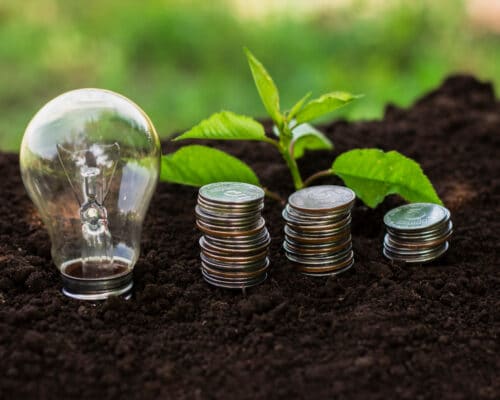
Clean Coal vs Renewables: Economic Costs and Gains For Southeast Asia
Despite the subsidies and industry support, Japan’s proposed technologies are struggling to prove promising even at home. Yet, it aims to export them to countries with much more fragile economies and significant challenges. Crunching the numbers reveals that Southeast Asia has a lot to gain if its pursues renewables instead.
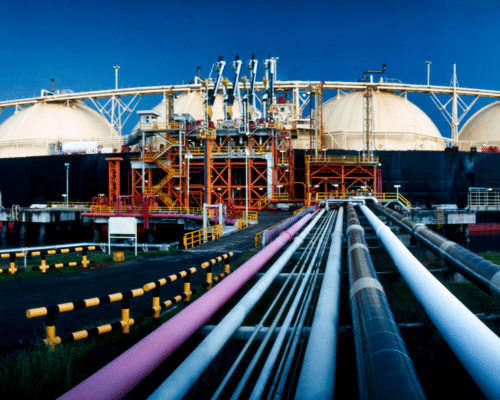
Is LNG Clean Energy?
LNG primarily consists of methane, a much more potent greenhouse gas than carbon dioxide. As a result, natural gas does have negative environmental impacts. However, it produces fewer greenhouse gases than coal and oil. This makes it a viable transition fuel, yet it will require strict financial and policy oversight to remain only a short-term fuel source.
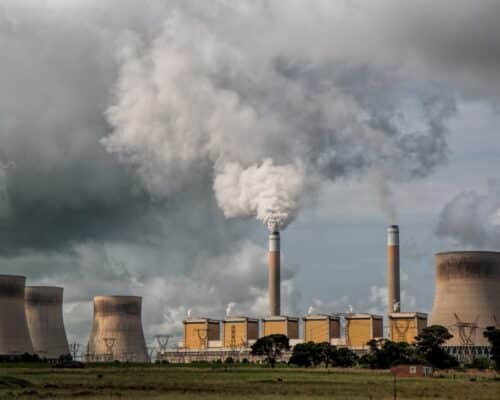
Why Does Japan Rely on Fossil Fuels?
Japan is often overlooked in the conversation about the biggest climate offenders. However, in their current form, Japan’s plans for “clean coal” and hydrogen pose a major risk, extending the life of fossil fuels.

The Problem With Japan’s Carbon Neutrality Targets and Climate Strategy
Japan is a hotspot for technology advancements, research and development. Few can rival its ability to create and scale new technologies and bring them to the market. Yet, the leadership has been questionable at best regarding climate progress and energy policy ambition.
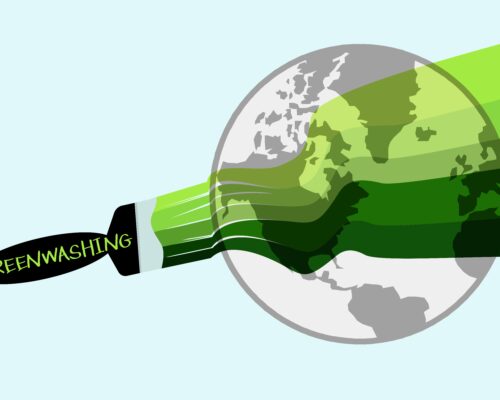
How To Avoid Greenwashing
Greenwashing threatens the global environmental movement, from the renewable energy transition to conservation. Additionally, it is damaging for both consumers and businesses. Understanding the basics of how to avoid greenwashing goes a long way to limiting its intentional and unintentional use.
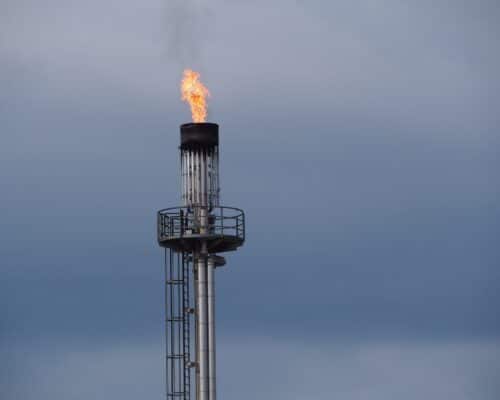
The IEA’s World Energy Outlook 2023: Global and Asian Gas Demand to Peak by 2030
The International Energy Agency (IEA) reports that while clean energy adoption is accelerating rapidly, current policies will still push global warming to 2.4°C, far beyond the Paris Agreement's target. Global leaders must make COP28 count by pledging to achieve the IEA's five pillars for getting back on track.
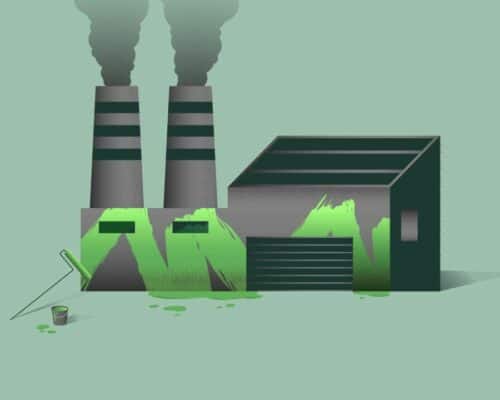
Greenhushing vs Greenwashing: Tackling Sustainability Misinformation
Greenwashing has a long history, with several high-profile cases taking place in the public sphere. Greenhushing is the newer approach to sustainability misinformation but is just as harmful to global climate action. Understanding both strategies is critical to keeping companies accountable for their corporate sustainability aspirations.
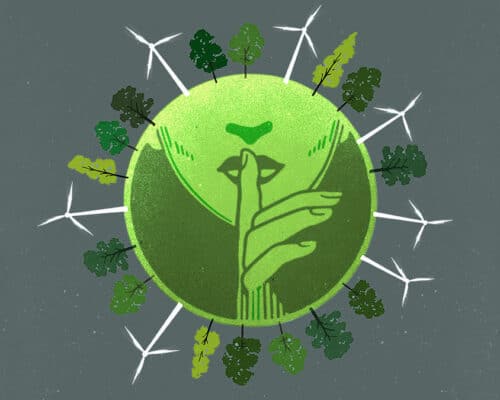
Greenhushing: The Silent Barrier to Global Sustainability
Sustainability has been steadily increasing in the corporate world due to public, regulatory and financial pressure. As a result, some companies have fallen back on greenhushing to reduce public awareness of their environmental impacts and to appear more sustainable.

IEA: Urgent and Joint Action Needed To Keep the 1.5°C Target Alive
The IEA's latest report is clear: global leaders either take urgent and collective action now or miss the 1.5°C target.
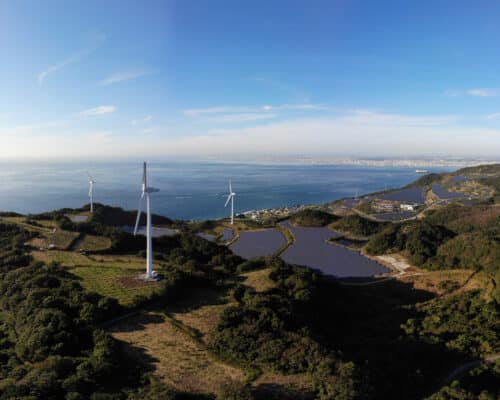
Taxation in Japan Jeopardises its Solar Sector
Japan has been grappling with how to decrease its disproportionate carbon emissions relative to its population of only 123 million people. Part of that solution includes developing solar power. However, there's a growing movement in more than 200 Japanese municipalities to levy prohibitive taxes on new solar power projects.
The Philippines’ Choice: Going Clean or Going With SMC
The Philippines has immense clean energy potential and has already witnessed the benefits of tapping into it. Whether the government continues in this direction will reveal if its priorities lay with the corporations or the public interest.
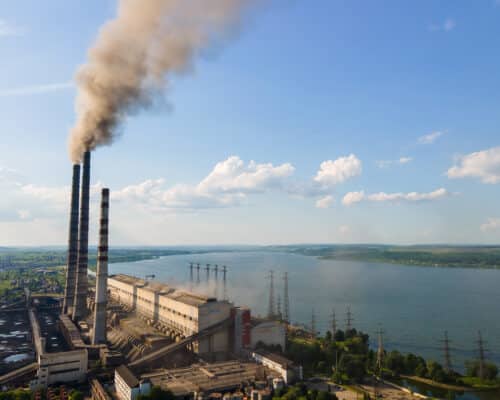
ASEAN Countries Need to Prioritise Renewable Energy Not Ammonia, Hydrogen and CCS
While Japan argues that its GX strategy can help countries accelerate their energy transition and ensure a reliable power supply, experts accuse the government of trying to export its fossil fuel lobby's interests. Southeast Asian countries shouldn’t be the ones paying the price.
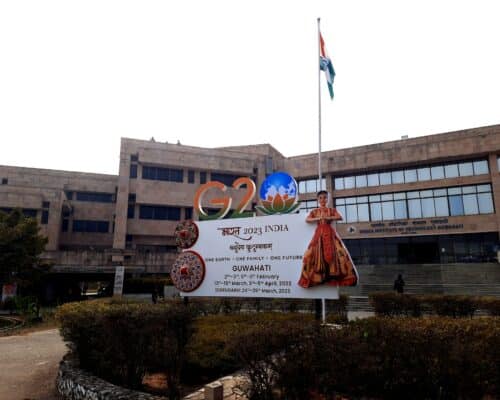
G20 Summit 2023 in India: Leaders Fail on Fossil Fuel Phase-out and Emissions Cuts
While the proposed tripling of renewable energy capacity is a positive step, the lack of any mention of fossil fuel phase-out or concrete emission reduction targets is disappointing. Yet, both are indispensable for achieving the Paris Agreement targets.
Most Popular
Categories
-
9
-
31
-
124
-
4
-
17
-
39
-
51
-
11
-
15
-
10
-
24
-
1
-
6
-
195
-
172
-
23
-
1
-
1
-
23
-
33
-
36
-
74
-
16
-
77
-
40
-
17
-
8
-
36
-
35
-
84
-
268
-
20
-
37
-
33
-
9
-
40
-
35

